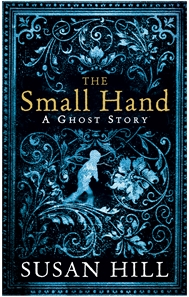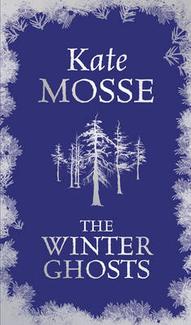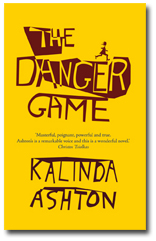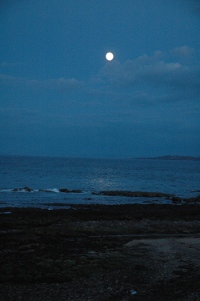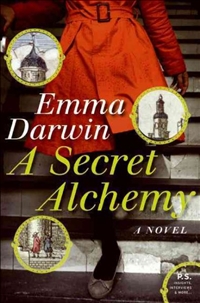 The British writer Emma Darwin on her blog This Itch of Writing muses on how creative writing courses have become a substitute for actually writing. I’ve thought this for quite a while (and myself been guilty of indulging in the drug).
The British writer Emma Darwin on her blog This Itch of Writing muses on how creative writing courses have become a substitute for actually writing. I’ve thought this for quite a while (and myself been guilty of indulging in the drug).
The latest tempter to purvey its wares is the Faber Academy which has set up shop in Australia. It’s offering exclusive (ie competitive) short writing courses for the select few and charging accordingly. I heard a figure of $6,000 for a six month course. The classes would be small and they’d include intensive individual tuition. That’s attractive – anyone who has done a postgrad creative writing course at an Australian university knows that classes there can be very large for workshops – sixteen to twenty or more students.
But such is the demand there’s a plethora of other short courses to choose from run through evening colleges, state writers’ centres and, increasingly, by private individuals.
Emma Darwin posits some reasons for the addiction to such courses, and for serial course attendees. These mostly boil down to getting some form of validation from others (most especially from the tutor). Writing is a lonely task and the road to publication full of ruts, potholes and fallen trees, so you either have to have an overweening belief in your own talent and ability, or Emily Dickinson-like you continue on in private pleasing yourself and some “ideal reader”. The third path is to do a course, hoping to stand out from the pack. In my opinion, creative writing courses are not there to teach writing, they don’t offer anything on the craft that you can’t get (much, much more cheaply) from one of the many creative writing primers (Stephen King’s On Writing, for example). What students want is feedback from someone whose opinion they respect. All new writers know that the only other feedback you’re likely to get is the publisher’s proforma rejection letter. (I’ve heard tell some writers get a nice note with some constructive criticism and encouragement to keep trying – hmmm)
I’m sure as Emma Darwin suggests, the feedback you get from courses could become addictive. How much easier it is to write a few short stories, or one or two chapters, and get immediate feedback that to slog along for years on your own with just a small flame of hope to keep you warm at night. People write for different reasons but if it’s publication that is the goal, are courses value for money? A friend of mine got a high distinction for a short story at a top creative writing uni. The lecturer said, when she gave an HD, it meant the work was publishable (brave call). The friend did the rounds of literary magazines but to no avail.
What, I wonder, do the students who are paying top dollar to the Faber Academy expect? I suppose it’s the validation of being chosen and getting in – but no one is paying THEM for their talent. Even if their dreams come true and they get a publishing contract, they are unlikely, in Australia, to make back the money they’ve forked out for the course.
It is all a vicious circle. It is true that some students who do post grad writing courses do get published out of it. Most often, they’ve done a masters and worked with a tutor/writer on their “project” for a year or two, and then been recommended to an agent. On the other hand, plenty of people get published anyway, never having done a course. The plain fact of the matter is, for an emerging writer to get published, he/she needs an entree to a publisher or agent. As is the way with our capitalist culture, paying to do an expensive course is one way to get to the very first step of the Sisyphean task of breaking into Australian literature.
 The New York Times is good at keeping an eye on the progress of ebooks. In the latest piece “Christmas Gifts May Help E-Books Take Root” they note that ebooks now make up 9 to 10% of the trade book market and publishers predict digital sales will be 50% higher in 2011 than 2010.
The New York Times is good at keeping an eye on the progress of ebooks. In the latest piece “Christmas Gifts May Help E-Books Take Root” they note that ebooks now make up 9 to 10% of the trade book market and publishers predict digital sales will be 50% higher in 2011 than 2010.

